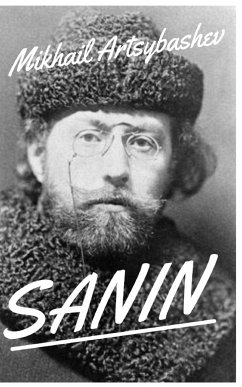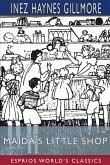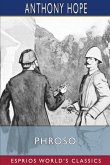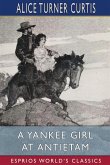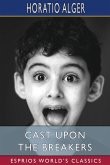It evoked almost unprecedented discussions, like those at the time of Turgenev's Fathers and Sons. Some praised the novel far more than it deserved, others complained bitterly that it was a defamation of youth. I may, however, without exaggeration assert that no one in Russia took the trouble to fathom the ideas of the novel. The eulogies and condemnations are equally one-sided." Thus did Mikhail Artsybashev (1878-1927), whose novels and short stories are suffused with themes of sex, suicide, and murder, describe the reaction to publication in 1907 of Sanin, his second novel. The work provoked heated debates among the Russian reading public, and the journal in which it was published serially was soon closed down by the authorities. The hero of Artsybashev's novel exhibits a set of new values to be contrasted with the morality of the older Russian intelligentsia. Sanin is an attractive, clever, powerful, life-loving man who is, at the same time, an amoral and carnal animal, bored both by politics and by religion. During the novel he lusts after his own sister, but defends her when she is betrayed by an arrogant officer; he deflowers an innocent-but-willing virgin; and encourages a Jewish friend to end his self-doubts by committing suicide. Sanin's extreme individualism greatly appealed to young people in Russia during the twilight years of the Romanov regime. "Saninism" was marked by sensualism, self-gratification, and self-destruction¿and gained in credibility in an atmosphere of moral and spiritual despondency
Bitte wählen Sie Ihr Anliegen aus.
Rechnungen
Retourenschein anfordern
Bestellstatus
Storno

